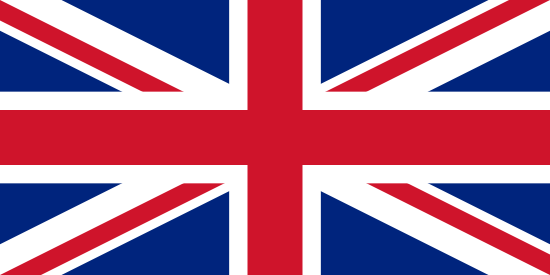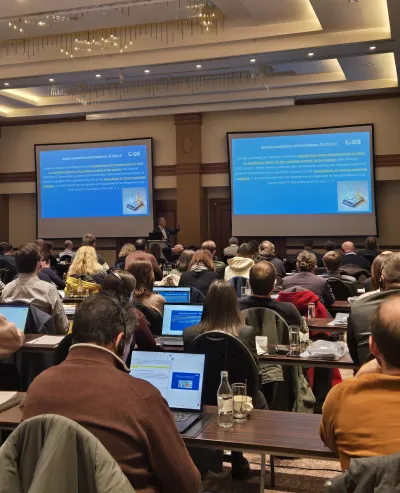On February 4, more than 100 participants from 13 countries accepted the invitation to this year's laboratory managers' meeting on residue monitoring in Berlin. In addition to Germany, Belgium, France, Greece, Italy, Croatia, the Netherlands, Austria, Poland, Serbia, Spain, Turkey and Hungary were represented.
The event not only focused on QSspecific topics and exciting technical presentations, but also on intensive exchange among the participants. The designated breaks were actively used to deepen expertise and make valuable contacts.
Claudia Rotter (Project Manager for Laboratories) opened the event with general information and presented an overview of the results of last year's two laboratory performance assessments. As usual, the presentations by Dr. Günther Kempe (Consultant for residue analysis of pesticides and veterinary medicinal products) framed the other technical presentations. He provided information about the analytical peculiarities of the active substances tested in the 2024 laboratory performance assessments and about current legal developments in residue analysis.
Sven Stuke (Bayer AG – CropScience Division) provided insights into the analysis of isomeric residues of stereoisomeric active substances and metabolites in plant matrices. He explained the associated challenges for the development and approval of active substances and for laboratory analysis for residue monitoring.
The afternoon session focused on Guideline SANTE/11312/2021v2, which defines procedures for analytical quality control and method validation for the analysis of pesticide residues in food and feed. Dr. Manol Roussev, an expert for residue analysis, highlighted the SANTE/11312/2021v2 guideline as a practical tool for laboratories. He also pointed out the challenge that many of its requirements are formulated more as recommendations, which leaves room for interpretation and makes it difficult to distinguish them from the binding EU regulations of ISO/IEC 17025.
The topic was further explored in the presentation by Dr. Hermann Unterluggauer and Clemens Jaitner from AGES – Austrian Agency for Health and Food Safety. Using practical examples from their laboratory, they explained how they have interpreted the SANTE quality criteria and implemented them in routine analysis, and their significance for daily laboratory practice.



